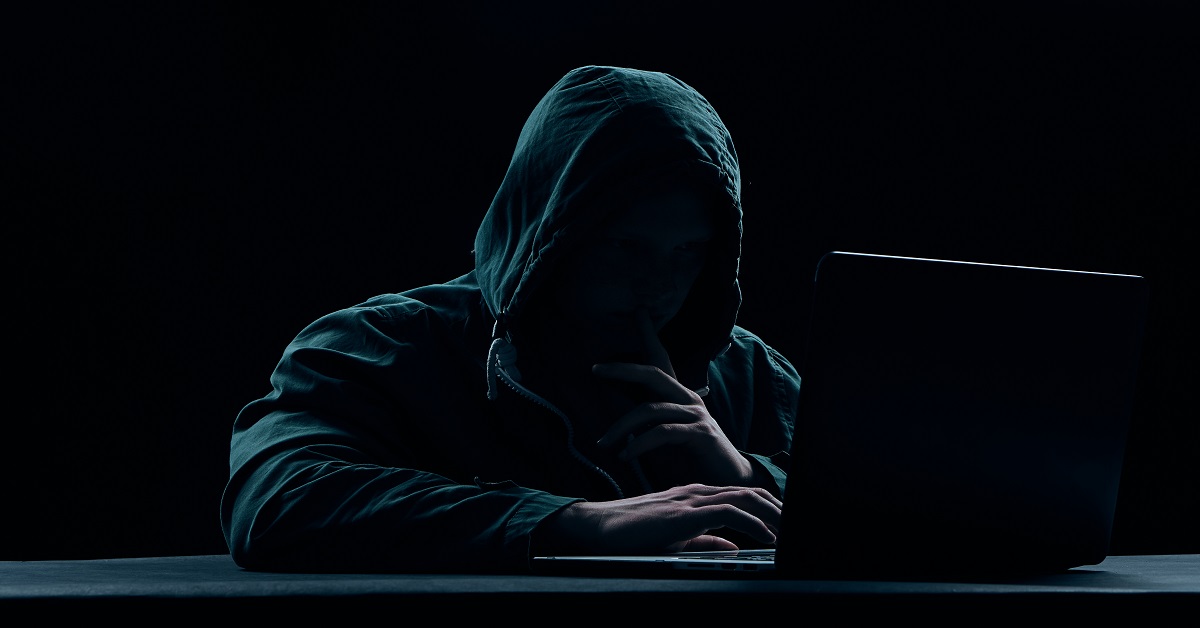 A laptop is a portable computer that is small-sized and thin to be carried around for personal work. Its features can be used for different purposes, one of them being the laptop camera that is used for taking photos, video calls in Facebook or Whats App if you are into a long-distance relationship or stay far from home, also with the Skype video calling services you can appear for an interview from another city. You can use this camera for making video recordings and upload it in your YouTube channels, for demonstrations or attend conference, you can even make video diary about your life and include things of your liking in it. Some people use them as surveillance cameras too to keep an eye around.
A laptop is a portable computer that is small-sized and thin to be carried around for personal work. Its features can be used for different purposes, one of them being the laptop camera that is used for taking photos, video calls in Facebook or Whats App if you are into a long-distance relationship or stay far from home, also with the Skype video calling services you can appear for an interview from another city. You can use this camera for making video recordings and upload it in your YouTube channels, for demonstrations or attend conference, you can even make video diary about your life and include things of your liking in it. Some people use them as surveillance cameras too to keep an eye around.
Though webcams serve exceptional services, whether it is in-built into the laptop or attached by USB cable, it can be used to transmit live videos from your place to some remote location, sometimes without your knowledge and consent. This process is labelled as camfecting in which a hacker takes over the laptop camera and slip in malware into the computer to get access of personal data. So if you ever wonder that your laptop camera is compromised, if someone is watching you from the other side, than you should go through the following factors to know more about the matter.
- Indicator light- A little light that can be green, red or blue in color can be seen whenever you are using the camera in your laptop. If the light is still on even when you are not using the camera, than it means someone else is operating it.
Don’t get alarmed yet as it can be used by the applications installed in your computer or the extensions in your browser. For your own reassurance, close all the apps one at a time, including your browser that needs admittance to the webcam. If the LED light also goes off than you know it was one of the applications, if the light is still on than your camera is under outside control. It is a good suggestion to block your camera settings when you are not using it.
- Unknown storage files– A good strategy would be to go through the folder that stores your audio and video files. If you discover files that were not recorded by you than there is a good chance that a hacker has taken over your laptop camera and keeping an eye on you.
- Error while commencing camera- When you try to run the camera, an error message occurs declaring that the device is already in use. It can be possible that a different program in the laptop is using the webcam and causing the error. Go to the Control Panel and choose Programs where you can uninstall the applications, if you have no use of it, which are using your webcam feature. After cleaning up, try to launch the webcam again, if you still get the error than you need some virus cleansing to do.
- Webcam process- To see if your webcam process is still running without your using it, go to the Task Manager, below the Processes Tab you will see a list of ongoing programs including webcam utility. It can be a default setting to run automatically when the computer is turned on. You can restart the laptop to check if it started on its own.
- Malware scan- To get a better idea about the application that is running the camera, you can launch a malware scan in your PC or laptop. You can either put on the Safe Mode, delete temporary files and run the antivirus program that you are using to detect any virus; or you can run the Google Chrome’s built-in malware scanner which is an upgraded form to prevent your system.
- Webcam settings- Check your camera security settings whether or not they have been altered. If the system is hacked you will notice, the password has been changed into default setting; you are not allowed to make changes in the settings anymore; the Firewall protection of your camera has been turned off; the name of the admin is different.
Even if your PC or laptop camera is hacked or not, it is essential to be risk-free beforehand than regretting later.
Here Are Some Tips To Protect Yourself From Future Attacks:-
- Try using the old method of covering up the laptop camera with a black or red tape to obstruct anybody to take photos or make videos of you without your permission. You can remove the tape when you want to use the camera for yourself but don’t forget to put it back on.
- Activate the Firewall in your system to watch out for dubious connections and monitor the network traffic.
- Use a valid antivirus software that is approved in your system and also boosts the security level from protection against malware, spyware and other viruses.
- Keep an eye on your data flow as sudden spikes in the network connection indicates that your internet is being used without your authorization. Try to locate the applications using your network, track down your webcam or any unknown app that is sending data.
- A common phishing procedure is the one where hackers sneak in remote virus into your system by disguising themselves as agents who found a serious issue in your computer that needs to be examined immediately. They will get access to your camera and other valuable files without you even knowing.
- Try to avoid using free Wi-Fi hotspots as it exposes your system to hackers. If it’s really necessary, use a private VPN (Virtual Private Network) since the free service are slow and vulnerable.
- If you receive any email with a link from an unknown source or person, try to get hold of your curiosity and delete it without opening. This has been a very old trick that tells you to open the link via emails, sometimes from people you know to send virus to your system. So before clicking, you can cross-check with the person if he or she has sent you something vital through mail.
CONCLUSION
It is difficult to detect when your laptop camera has been compromised and if someone is observing you day and night without your knowledge. It is obviously a horrifying thought, so to protect yourself from such experience, consider following the above tips to check your webcam time to time to be safe.
- RaaS : The Dark Side of SaaS
- Hackers Target MOVEit Transfer’s Zero-Day Vulnerability, Emergency Patch Deployed
- How Scammers Are Utilizing ChatGPT? Few Tips To Be Safe
- World Backup Day: Why Data Backups are Important in Cybersecurity
- What is Social Engineering and How Cyber Criminals Use It
- Things To Know About Personally Identifiable Information (PII)
- What is Data Breach? Why and How It occurs? How To Prevent Data Breach


